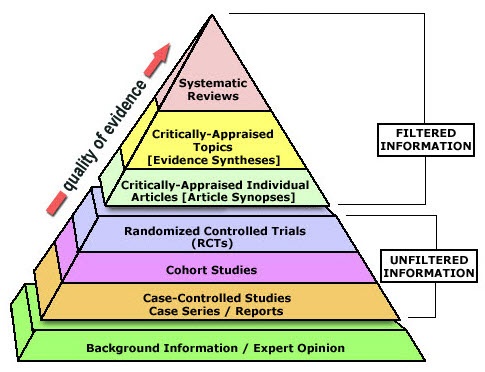Statistics and data
You may also want to include some statistics and data to help provide context for or to support your position. Try to ensure you've found the most current information, which may involve checking multiple sources.
Statista is another credible resource UNB Libraries subscribes to help you find statistics/data on health and health systems from different countries:
Within Statista you can try the following:
- Keyword search in the general search box (example: Canada health)
- Look under Reports > Countries > Filter by Country then check out the dossier for that country
- Search under Statistics > All industries > Health, Pharm, Medtech > State of Health > Global health for other types of information
Finding grey literature
Grey Literature is “information produced on all levels of government, academia, business and industry in electronic and print formats not controlled by commercial publishing, i.e. where publishing is not the primary activity of the producing body.” (International Conference on Grey Literature) . This type of information can be incredibly useful to help support your journal articles and other statistics and data you may use to support your position.
Grey literature search tips
Finding and evaluating grey lit sources can be tricky, especially if you need local, credible information sources. Using your regular google searching may be hit or miss so here are a few tips and tricks on "creative googling" and evaluating what you find. Grey literature sources tend to be government or other organizations' reports or publications, but other sources might be applicable as well (if you're not sure, ask your instructor or a librarian!)
- Play around with your search terms and do multiple different searches - consider adding words like statistics, reports, data, policy, toolkit, evaluation, assessment to your search. If you're trying to find local grey literature, try switching between searching on Saint John and New Brunswick as keywords - sometimes Saint John specific info will only come up in results when searching broader. Pay close attention to your search results as some may be from St. John's or Newfoundland and Labrador (N.L.), and New Brunswick is also a city in New Jersey
- Go beyond the first page of Google's search results - often really useful results are on the second or third results page
- Consider using the Advanced Google Search
- Limit by file type - lots of documents show up as PDFs or powerpoint files and it can be helpful to add this as a limit
- Limit by domain - doing specific site searches can often be more useful than going directly to the website and using their search function or manually looking for publications. For example, if you wanted to search the federal government website for a specific topic, you'd put https://canada.ca in this "limit by domain" field, then search on your topic. The results will only be from this website. Also try limiting by https://gnb.ca
- Limit by region - select a specific country, like Canada, and your results will be more focused
- News articles reporting on a recent study or report can be a good place to start to then track down the original source - always cite the original source if available rather than the news study
- Advanced Google searching to find grey literature - here are some tips on how to "google" for grey literature
This video provides a demo search of the tips provided above, using the topic of food insecurity as the example (this video is from another course but the tips are still relevant):
Using Grey Literature (or Amplifying Marginalized Voices) handout
Evaluating grey literature
The type of information found through Google searches and on many websites is considered unpublished and hasn't gone through the traditional peer review process that most academic journal articles go through. This means you'll need to do some evaluating yourself to ensure the sources you're using are credible and reliable.
Ask yourself questions like these:
- Who wrote the source? Is it an individual person or coming from an organization? Try Googling the author or organization and try to find information that comes from a source that the author or organization didn't produce/create themselves. What can you learn about their background?
- If the author is an organization, what kind of reputation does it have? Is it known for promoting specific points of view (bias)? Is it known for sharing factual information or have you found controversies/concerns?
- What makes the author/organization an expert on this particular topic (or are they not an expert)? What about their background leads you to trust or not trust them?
- Where does the author/organization get the information from? Do they cite or link to sources? Do you find that information trustworthy or do you have concerns?
- Is this the most current information out there? How important is it for your topic to have the most recent information available?
10 Questions for Evaluating Information



